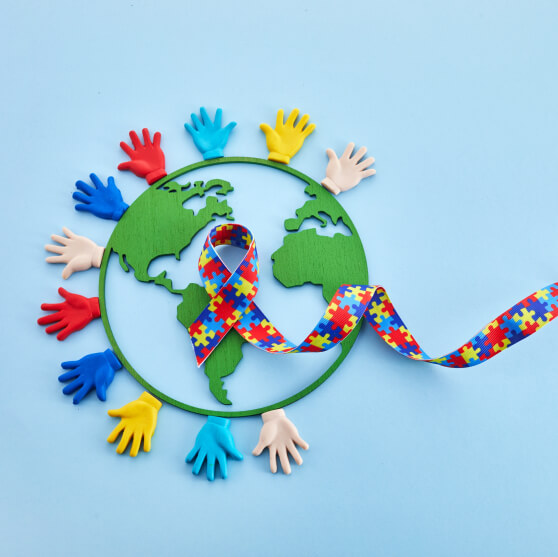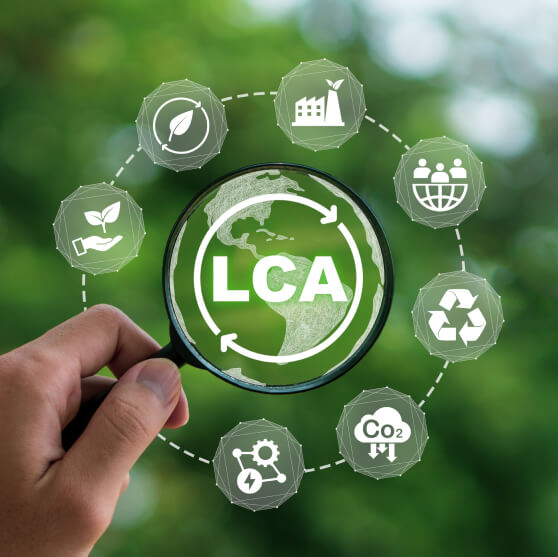
When we save the planet,
we save ourselves too.

We are not separate from our planet, and when we work to the world’s benefit, we are one of its prime beneficiaries. NCFA is unwavering in its commitment to living our lives responsibly and being a force of good for Planet Earth.
We recognise conventional fibre production’s environmental impact and actively promote sustainable alternatives. By advocating for and encouraging the use of non-conventional fibres derived from eco-friendly sources, we reduce the ecological footprint of the textile industry. We actively engage in educational initiatives, collaborate with stakeholders, and emphasise responsible sourcing and production practices. Through these efforts, we preserve biodiversity, promote ethical land use, and foster a harmonious relationship between industry and nature.
Like any other organisation, the Non-conventional Fibres Association has a social responsibility to contribute positively to society, the environment, and its stakeholders. Here are some aspects of social responsibility that such an association may consider:
- Promote eco-friendly and sustainable non-conventional fibres to mitigate the ecological impact of air, water and soil pollution.
- Encourage responsible farming and manufacturing practices.
- Advocate for the reduction of water and energy consumption in the production process.
- Carbon Sequestering through the promotion of cultivation of non-conventional fibres by the farmers.
- Ensure ethical sourcing of non-conventional fibres and fair treatment of workers involved in the trade.
- Support fair trade practices and discourage the use of child labour in fibre production.
- Educate stakeholders, including members, manufacturers, and consumers, about the benefits and responsible use of non-conventional fibres.
- Improve awareness about conventional fibres’ environmental and social impact while promoting sustainable alternatives.
- Invest in local communities where non-conventional fibres are produced or processed.
- Support community development initiatives, education, and healthcare projects.
- Invest in research and development to discover new, sustainable, innovative uses of non-conventional fibres.
- Collaborate with academic institutions, research organisations and Industry Associations to advance knowledge in the field.
- Encourage the development of products with minimal environmental impact throughout their lifecycle.
- Promote recycling and upcycling initiatives for products made from non-conventional fibres.
- Ensure compliance with local and international regulations related to environmental protection, labour rights, and fair trade practices.
- Collaborate with other industry associations, NGOs, and governmental bodies to address common challenges and promote sustainable practices.
- Educate consumers about the benefits of choosing products made from non-conventional fibres, emphasising their positive impact on the environment and society.
- Be prepared to respond responsibly to any environmental or social crises related to the production or use of non-conventional fibres.





















